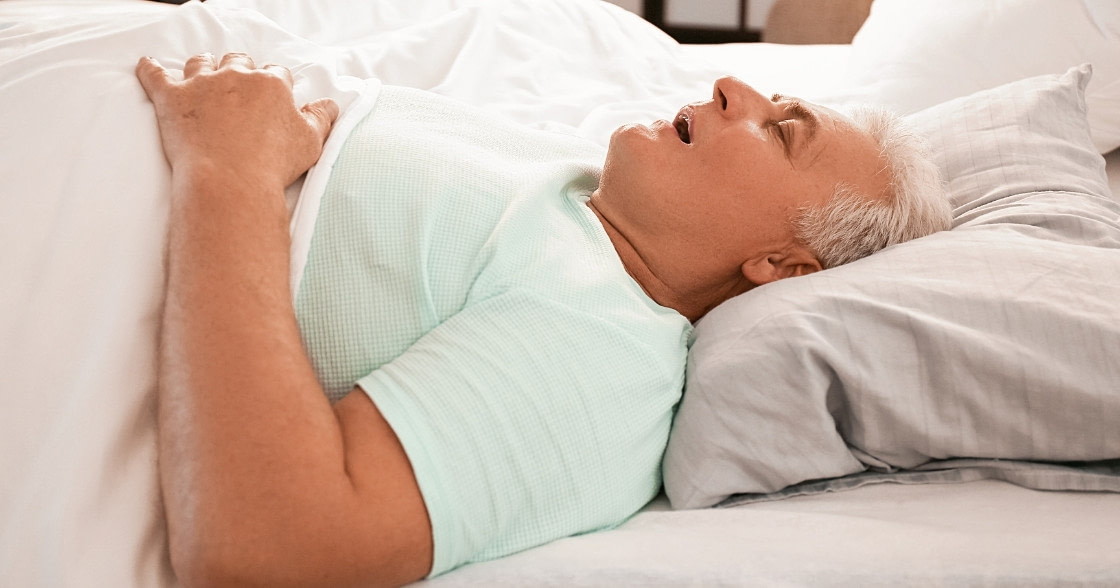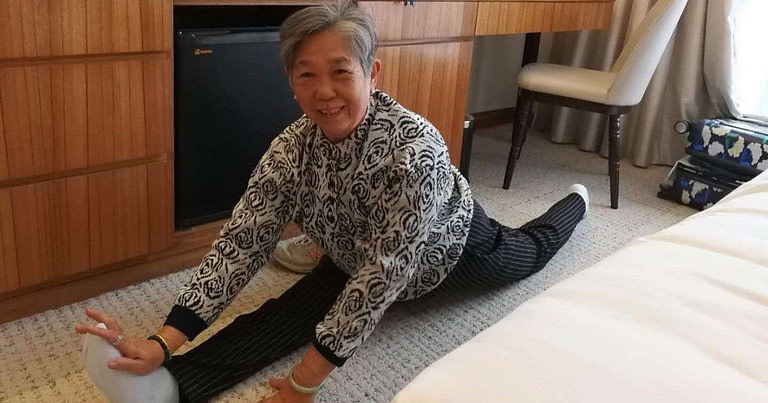Self Care Guide for Obstructive Sleep Apnea
If you find yourself getting unexpectedly tired throughout the day, you might have had trouble sleeping without knowing about it. Sleep is one of the most important activities for the body’s well-being as it replenishes energy and helps maintain physical and mental health and development. If your sleep is constantly getting interrupted, you might have a case of sleep apnea.
Obstructive sleep apnea is the most common type of sleep apnea. Sleep apnea affects approximately 1 in every 15 Americans, with males and people who are obese being the most at risk of the condition.
However, most cases of obstructive sleep apnea go undiagnosed because the symptoms are not very noticeable to the person experiencing the condition. If obstructive sleep apnea is left untreated for too long, it significantly increases the risk of serious health problems such as heart disease, increased blood pressure, and stroke in the future.
What is Obstructive Sleep Apnea?
Obstructive sleep apnea is a sleep-related breathing problem. People with this condition will experience 5-30 episodes of apnea and hypopnea per hour every night in their sleep. Apnea and hypopnea episodes are periods that last for at least 10 seconds when the body cannot get enough oxygen.
Hypopnea refers to periods of reduced breathing while apnea refers to periods without any breathing at all. During these periods, the body accumulates carbon dioxide and cannot get rid of it due to the obstructed airways. The affected person will be briefly roused from sleep, which usually causes them to make a coughing or choking sound as they try to reopen the airways.
This happens because there are blockages limiting the space in the throat and nose areas for oxygen to pass through. This happens when the soft palate, uvula, tonsils, and tongue become no longer supported by muscles in the back of the throat which become too relaxed when people with obstructive sleep apnea are sleeping. When they inhale, those tissues get in the way of the airflow.
Causes
Many factors can increase the risk of someone developing obstructive sleep apnea. If your family has a history of obstructive sleep apnea or other types of sleep apnea, you are also more likely to become affected by it due to genetics.
If you are overweight or have a thick neck, you are also more likely to develop obstructive sleep apnea because the upper airways are more narrow and are more likely to become blocked when there is more body tissue that can hinder airflow.
If you are suffering from a disease or disorder that affects your upper airways, such as Thyroid disorder, chronic nasal congestion, or Down syndrome, you are also more likely to experience obstructive sleep apnea.
Women who have gone through their menopause are also at an increased risk of developing obstructive sleep apnea.
Symptoms
The most apparent symptom of obstructive sleep apnea is loud snoring, especially when accompanied by periods of silence followed by sudden gasping or choking.
Snoring is caused when relaxed tissues narrow your airway while breathing, and the silences indicate episodes of apnea where the breathing has stopped completely.
The gasping and choking happen when the affected person is briefly awakened and tries to open their airway. Another way to tell that this is happening is if you find yourself waking up with a headache or a sore throat.
Other symptoms of obstructive sleep apnea include feeling extremely tired and constantly losing focus during the day. This is due to the lack of high-quality sleep caused by constant sleep cycle interruptions. This can lead to depression, decreased libido, or increased irritability because sleep helps regulate mood.
Treatments
Self-Care Tips To Improve Obstructive Sleep Apnea
Here are some things you can do to help reduce the severity of obstructive sleep apnea:
- Sleep on your side. This makes it so that it is more difficult for your airway to become obstructed.
- Avoid drinking alcohol or other sedatives. Obstructive sleep apnea happens when your throat muscles are too relaxed. Alcohol and other sedatives will increase the risk of experiencing obstructive sleep apnea because they will make you very relaxed.
- Lose weight. The more body tissues and fat you have around your upper airway, the more likely they will get in the airflow during sleep. By losing weight, you can lower the risk and reduce the severity of apnea episodes.
- Tighten your muscles in the respiratory tract around the throat by placing the tongue against the palate. By the way, it is one of the posture requirements in qigong practice.
Medical Treatment
Doctors may recommend doing surgery to treat obstructive sleep apnea by:
- Creating a wider airway.
- Removing extra tissues in the airway. Tonsils and adenoids can also be removed, which is usually what is done for children suffering from obstructive sleep apnea.
- Repairing facial structures and abnormalities in the airway.
- Implanting a hypoglossal nerve stimulator. This device helps keep the airway clear of blockages by stimulating the upper airway while you breathe.
If surgery is not what you want, a doctor might recommend getting a continuous positive airway pressure (CPAP) machine and mask to keep your airway open by providing a steady stream of air. Dentists can also make a custom mouthpiece that you can wear to keep your airway open while you sleep.
Natural Solution To Deal With The Root Cause
Most treatments above involve using a device or getting surgery, but there is a better solution. Instead of treating obstructive sleep apnea, the root cause must be addressed.
The problem is that there are blockages in the neck which hinder the flow of qi, the vital energy within all things, between your head and upper body. Note that qi is not the air.
You can practice qigong to help your qi flow more smoothly and eliminate blockages. We have qigong exercises for the neck, shoulders, and spine available on the Onenergy Qigong App which will help you deal with the root cause of obstructive sleep apnea.
Once your qi can flow properly without blockages, your sleep quality will naturally improve. Practicing qigong can also help you lose weight, reduce aging, and maintain your well-being for the whole body. If you are new to qigong or want to learn more, you can start with this qigong guide for beginners.







